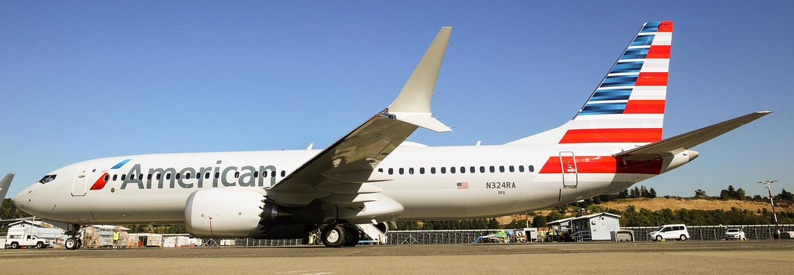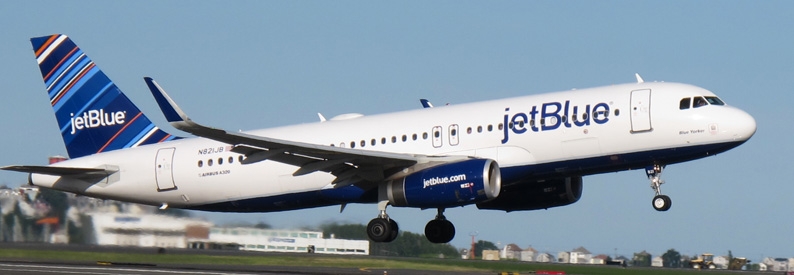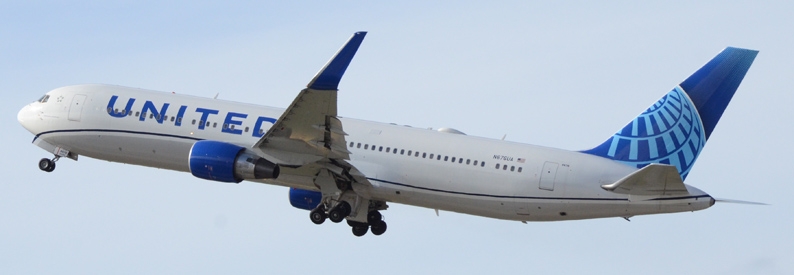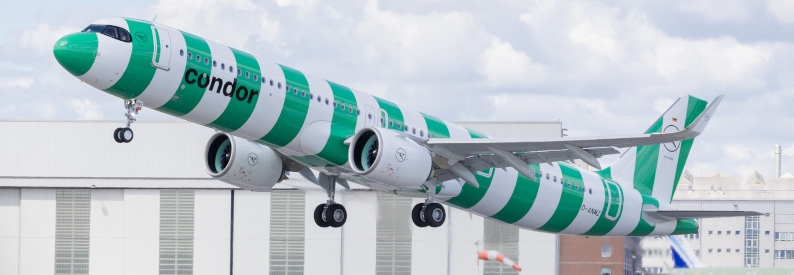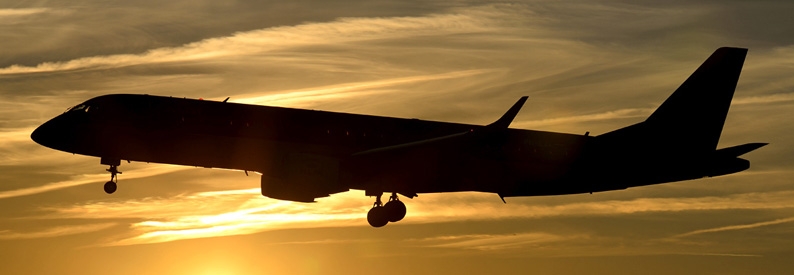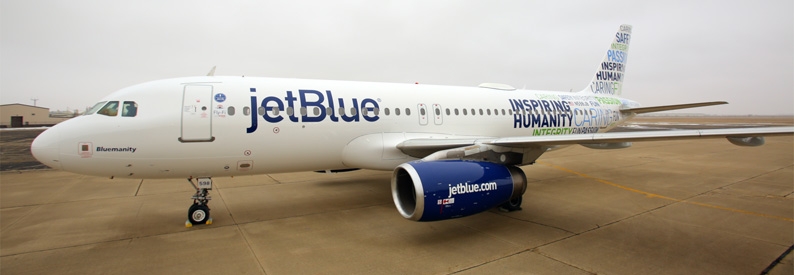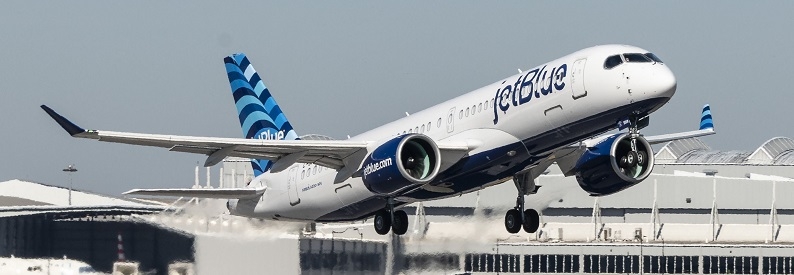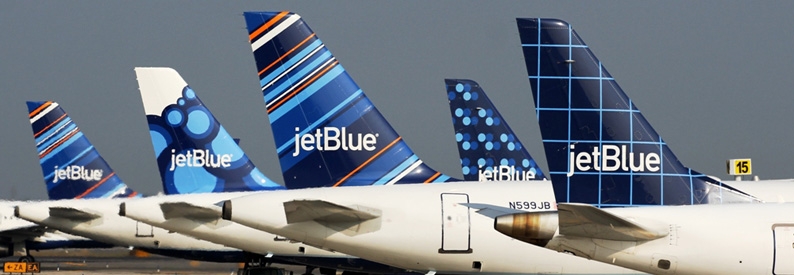JetBlue Airways (B6, New York JFK) and United Airlines (UA, Chicago O'Hare) have requested that the United States Department of Transportation (DOT) dismiss or disregard the complaint against their partnership filed by Spirit Airlines (NK, Fort Lauderdale International).
The carriers state that their ‘Blue Sky’ agreement is a limited, arms-length collaboration based on a standard interline agreement and frequent flyer reciprocity programme. It does not involve any features present in the former Northeast Alliance (NEA) between JetBlue and American Airlines, which was (struck down in 2023), such as revenue sharing, joint network planning, and schedule optimisation.
They argued that both companies will remain independent competitors, retaining individual decision-making on pricing, routes, and capacity. Their collaboration is not the first step towards a merger and does not lessen their incentives to compete, they added.
Furthermore, JetBlue urged the DOT to avoid unnecessary intervention, stating that the ‘Blue Sky’ alliance is vital for the company's return to profitability. “JetBlue has incurred USD3 billion in losses since the COVID pandemic,” it said, adding that it has not produced an annual profit since 2019 and that it is currently “100% focused on executing its JetForward strategy to return to sustained profitability and successfully compete in the post-COVID world,” to which the new alliance is paramount.
In late June 2025, Spirit Airlines categorised the ‘Blue Sky’ link-up as “anti-competitive" and argued that JetBlue would become “a de facto vassal of United” due to the latter’s far larger global network. The new partners described this complaint as speculative, self-interested, and intended to delay or derail a standard review process.

